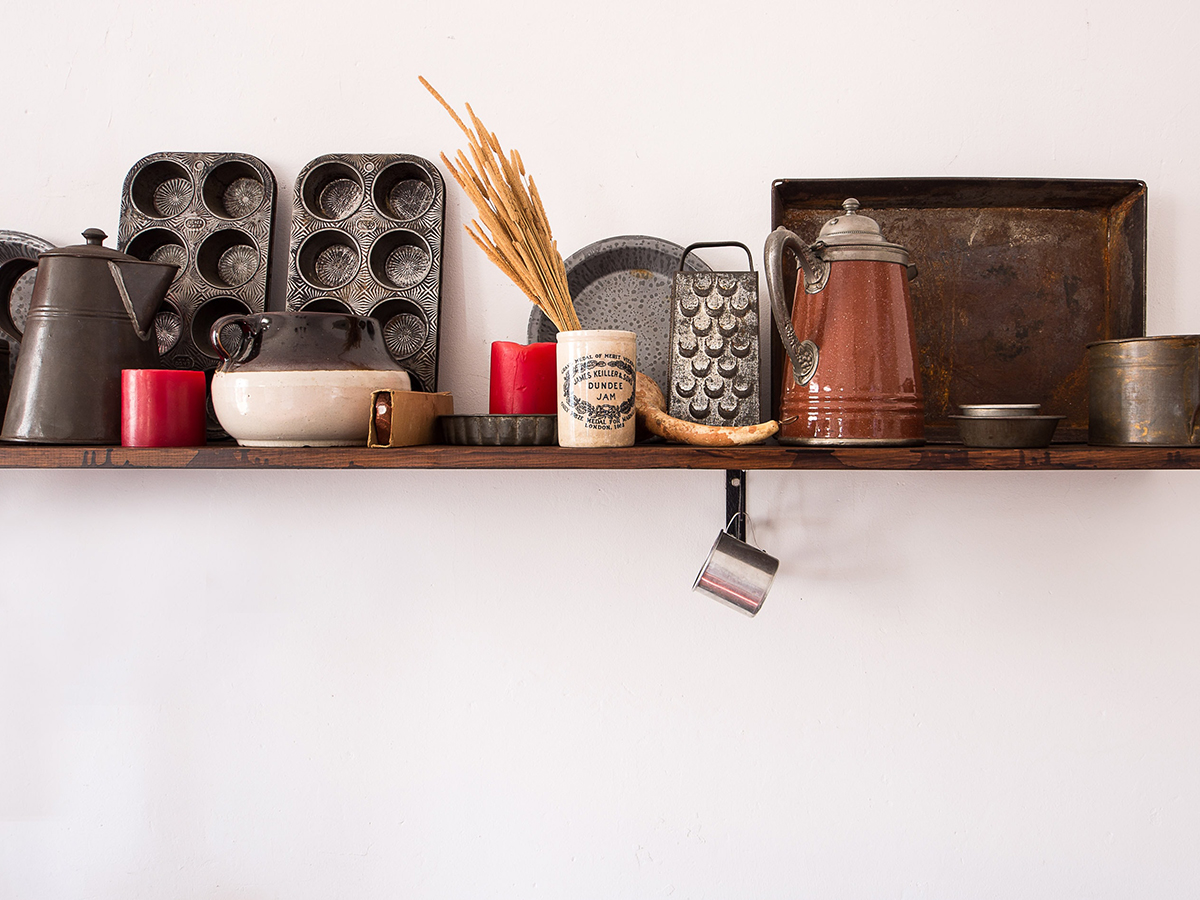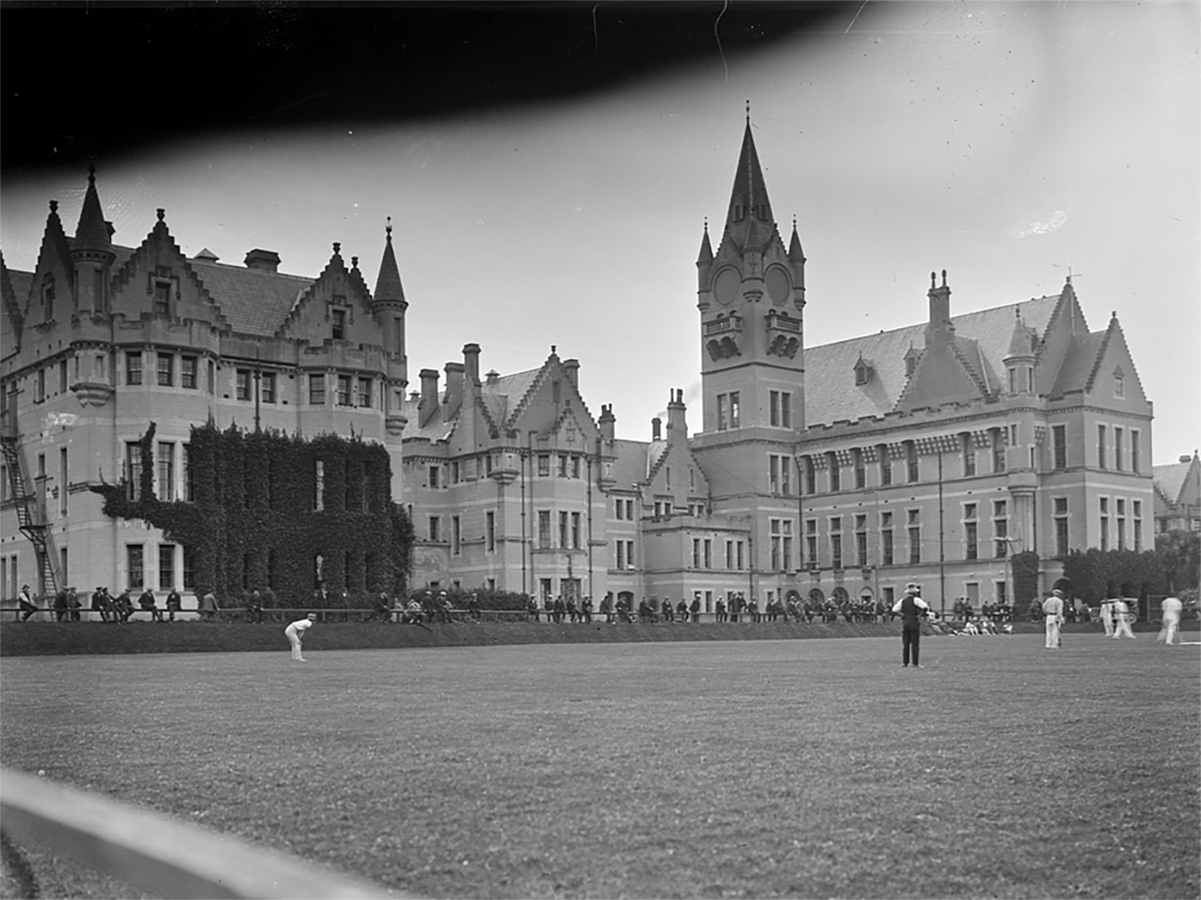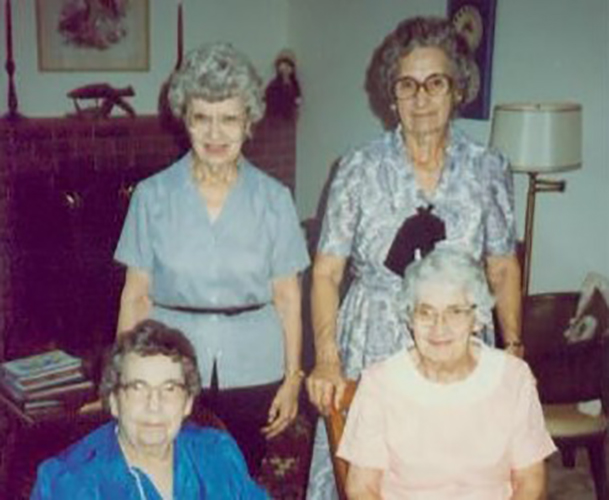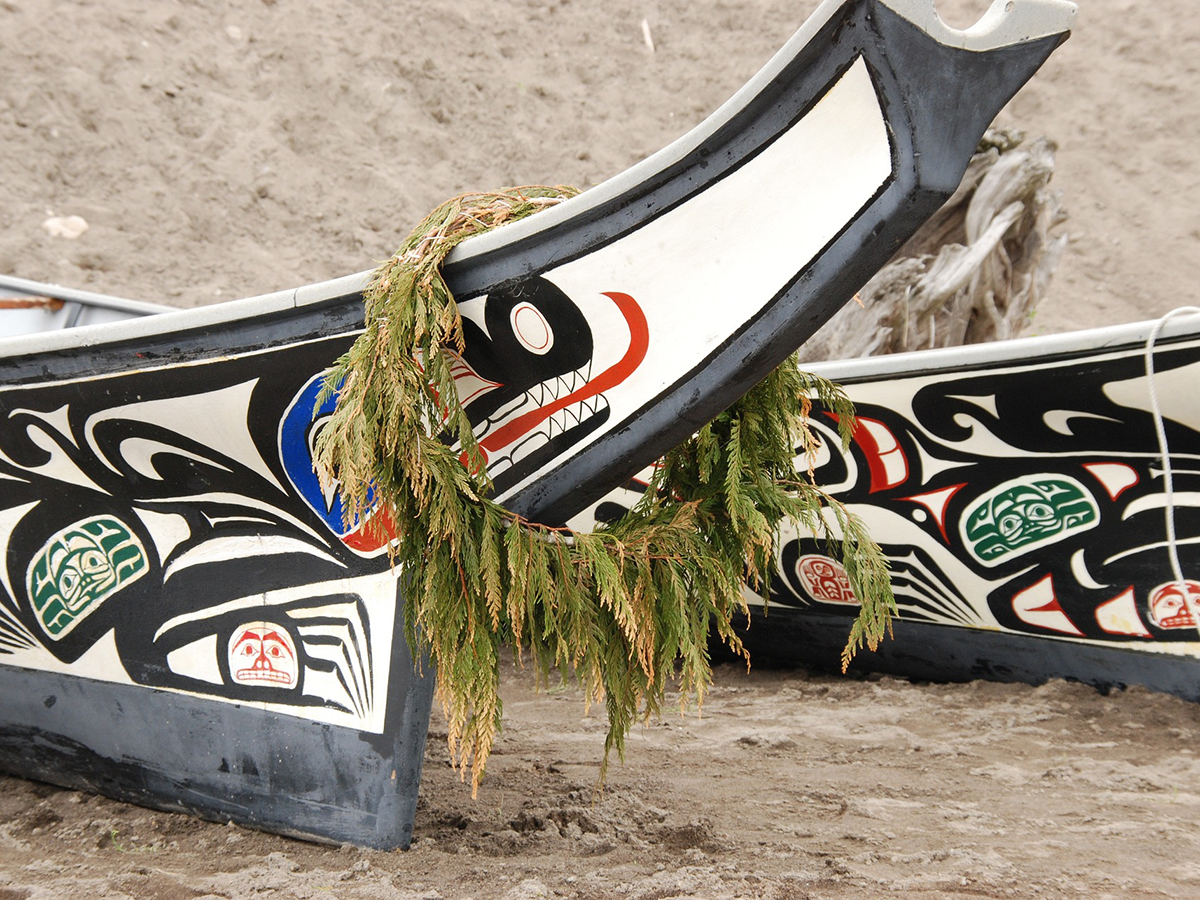
February 16, 2024
Tracing the origin of your surname can teach you a lot about your ancestors, as names can tell a story about your family. Surnames can hint at a person’s profession, where they lived, a physical description, or the local naming convention. I was surprised to learn my surname comes from the word for fox. Surnames evolved to distinguish one person from another when the given name was not enough. Consider how many people named William or Mary could live in one town!
Many websites can help you understand and determine what’s in a name. Some of these sites will also give you the location and number of instances of a particular surname.
Forbears has an online resource where you can enter a name for more information on that name.
FamilySearch, FindMyPast, and Ancestry are reliable resources for surname search.
There are also surname mapping websites. Say you want to learn what parts of Germany your German surname originated in; Karte Zum Namen is a great resource to help you find this information. Or try mappadeicognomi.it if you have an Italian surname and you want to see where in Italy you could locate others with the same surname.
Some countries, like Spain and Latin America, use two last names: the father’s and the mother’s maiden name. For example, Rosa Lopez Gomez contains both the mother’s maiden name (Lopez) and the father’s name (Gomez). Be sure to check on both when doing surname-origin research. Scandinavian countries use a patronymic system, such as Williams or Williamson (son of William) or McCormack (son of Cormack). Check out our past post on patronymic naming. Naming conventions could even be taken from the families' land, occupations (Weaver), nicknames (Long), or clan names.
Do you know the story behind your ancestor’s surname?
Sheri V.
Midwest Genealogy Center
Read Similar Blogs:
Genealogy







